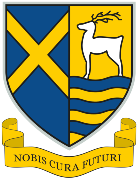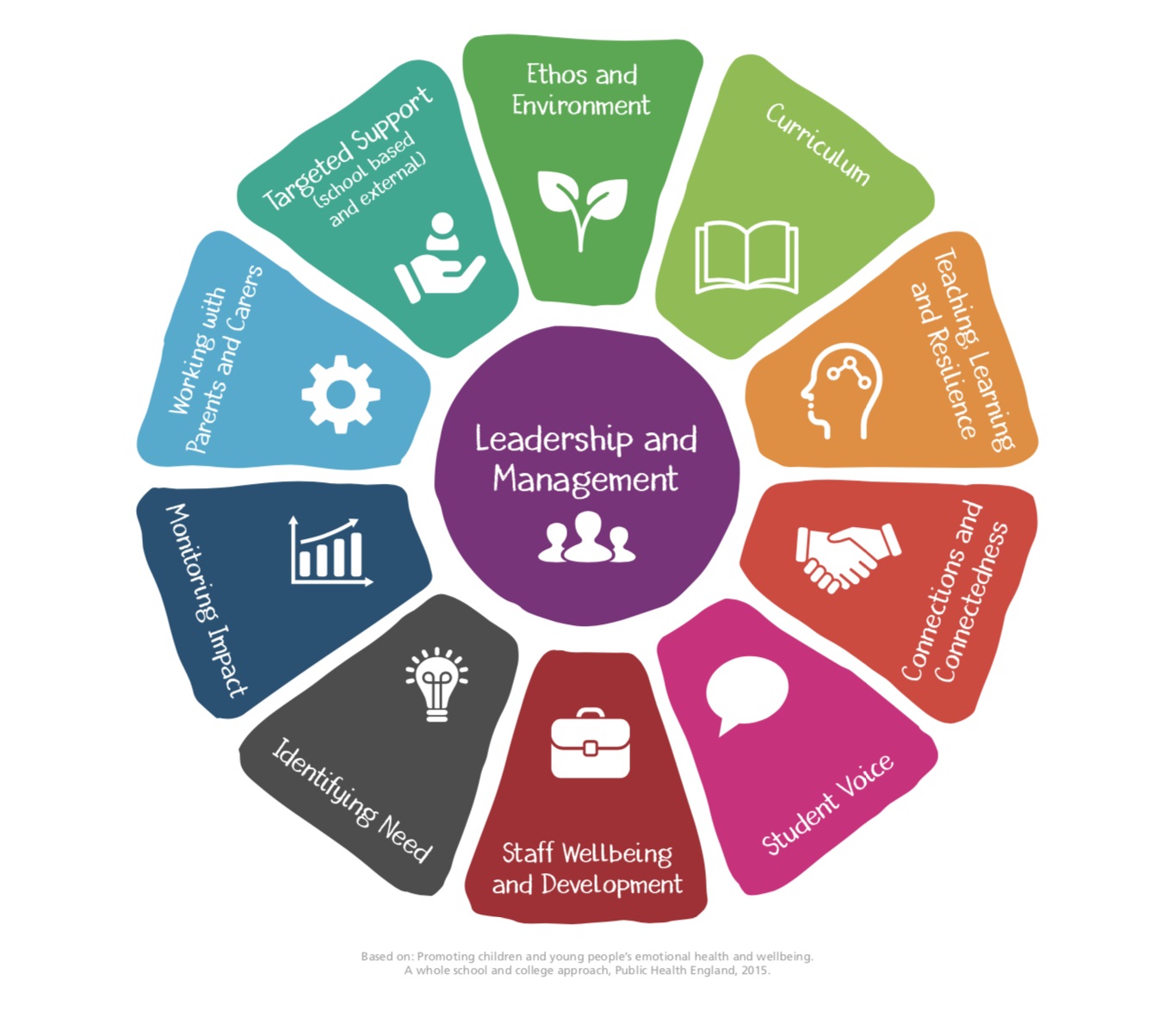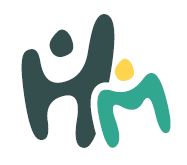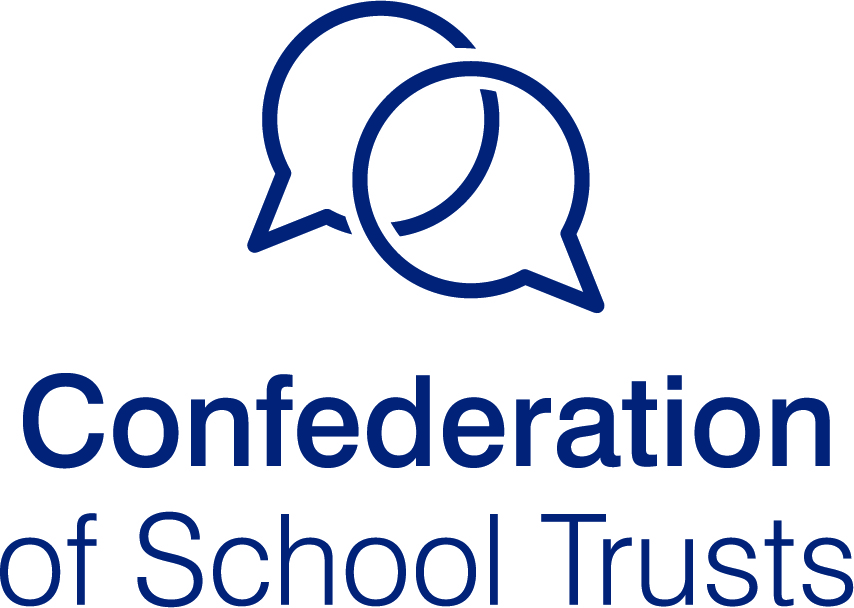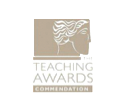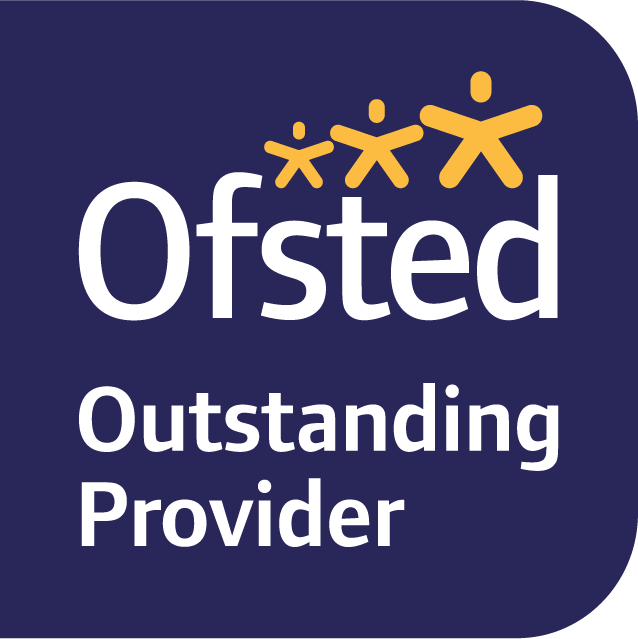Safeguarding at STAGS
We make sure St Albans Girls' School is a safe and secure place for all our students by:
- ensuring all staff are fully trained in being vigilant to signs that a student is experiencing difficulties in or outside of the school environment. All senior staff are trained at level 3 safeguarding to ensure that there is always someone on site able to deal with child protection issues
- having dedicated pastoral staff trained in pastoral care, and utilising external agencies to provide specialist support when needed
- ensuring all students know that there are a variety of staff they can turn to if they need help or support with a safeguarding matter
- ensuring that the curriculum gives students information, opportunities to explore and learn about all aspects of welfare and safety, both inside and outside the classroom
- ensuring the security of our site is reviewed regularly and discussed at Student and Parent Voice
- all staff have access to and have read the DfE guidance 'Keeping Children Safe in Education' - attached below. If you would like this document in another language, please go to the following website www.national.lgfl.net/digisafe/kcsie/kcsietranslate
- there are two types of help and support available - as well as advice and guidance for families about specific situations - via the Families First Website and Portal. Their website contains local services and online advice to meet families' needs and professionals can use the portal to learn about a family's context then co-ordinate support, which might include a Families First assessment. These can be accessed via this link. Please contact colleagues listed below for any questions in relation to this.
The Designated Safeguarding Lead at St Albans Girls' School is:
- Miss T Lambert (Deputy Headteacher) lambertt@stags.aetrust.uk
The Deputy Designated Safeguarding Leads at St Albans Girls' School are:
- Miss T Holland (Assistant Headteacher) hollandt@stags.aetrust.uk
- Mrs K Lalor (Student Support Lead) lalork@stags.aetrust.uk
- Mrs K Richardson (Student Support and PPEL Lead) richardsonka@stags.aetrust.uk
Other designated persons:
- Mr P Kershaw (Headteacher) kershawp@stags.aetrust.uk
- Mr D Tansley (Assistant Headteacher) tansleyd@stags.aetrust.uk
- Ms P Jarvis (Assistant Headteacher) jarvisp@stags.aetrust.uk
- Miss L Foley (Student Support) foleyl@stags.aetrust.uk
- Mrs J Flint (Deputy Headteacher) flintj@stags.aetrust.uk
- Vicky Pearlman (Governor) admin@stags.aetrust.uk
The designated Governor with responsibility for Safeguarding is Vicky Pearlman.
The designated teacher for Children Looked After and Previously Looked After is Miss T Lambert, Deputy Headteacher via lambertt@stags.aetrust.uk
If you have any concerns about your own child or any other child, please do not hesitate to contact us at school on 01727 853134. If you have concerns about a child that does not attend STAGS and would prefer to speak to Children's Services personally, please call 0300 1234 043 or the police on 101. Please note that information of a safeguarding nature may not be able to be kept confidential.
The safety of your child whilst they are on our site is paramount. Students are expected to be in school from 8.30am - 3.20pm. However, the site is open from 7.45am - 4.30pm so that they can use the Library Resource Centre and attend extra-curricular activities. Students must be either in the LRC, or at an extra-curricular club at these times. There is no general supervision for students after 3.20pm and the school can not accept responsibility for them after this time, unless they are taking part in a supervised club or activity. Any student waiting to be collected by a parent or carer after 3.20pm or 4.30pm must wait in the Restaurant or Main Reception.
Keeping Children Safe in Education 2025
Working Together to Safeguard Children
PREVENT Duty
I find that being able to talk about different views of the world really helps me make informed decisions about what I see and hear, especially online.
Year 11 student
What is Prevent?
Simply put, Prevent is about safeguarding individuals from being drawn into terrorism, ensuring those vulnerable to extremist and terrorist narratives are given appropriate advice and support at an early stage. Prevent is no different to any other form of safeguarding against harm.
What do we do at STAGS?
- Awareness raising in PSHE and form time/assemblies
- At STAGS we ensure that conversations are open and inclusive. We aim to promote healthy discussion and provide support if a student is struggling with varying opinions
- Appropriate action will be taken if we feel a students views may be a danger to them or others
Online Safety
If you are worried about content you have seen or been sent online and would like help, advice or to report an incident, click on the CEOP button below to contact the National Crime Agency:
Working and studying online is an everyday part of a STAGS students' learning experience. It is our aim to ensure that all students know how to keep themselves and others safe both online and IRL
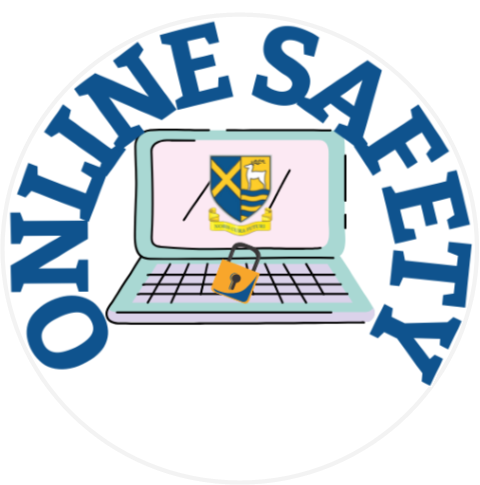 Online safety is part of the statutory document Keeping Children Safe in Education. Like all parts of safeguarding, the responsibility for online safety is the responsibility of everyone working with children and young people. The DSL at STAGS Tess Lambert who oversees the Filtering and Monitoring for the school. The school uses RM Safetynet and Smoothwall as the filtering and monitoring systems that block any risks and track student engagement with any electronic device connected to the school network.
Online safety is part of the statutory document Keeping Children Safe in Education. Like all parts of safeguarding, the responsibility for online safety is the responsibility of everyone working with children and young people. The DSL at STAGS Tess Lambert who oversees the Filtering and Monitoring for the school. The school uses RM Safetynet and Smoothwall as the filtering and monitoring systems that block any risks and track student engagement with any electronic device connected to the school network.
At STAGS we believe that education on Online Safety should be delivered to instil risk-reduction behaviours that are proactive and preventative. The risks outlined below are explicitly taught within the PSHE programme of study and revisited in greater depth at Post-16.
Outside of school students potentially are at risk to:
- Viewing inappropriate content for their age
- Extremism and online radicalisation
- Sexual Imagery and Harrassment
- Online Bullying
- Unknowingly participating in illegal behaviours e.g. gaming hacks
- Encouragement to gamble online
- Grooming
Supporting the wellbeing of children has never been more critical than it is right now. A child’s online activity, including what they view, who they interact with, and what they share can contribute to a deeply positive outcome, or pose a worrying threat to their wellbeing. It is therefore our critical mission to ensure that children get all the best experiences that technology can offer. Keeping up with all the latest online trends and apps can be very challenging. The following websites are recommended to help parents/carers remain up to date with the latest online safety risks their child may face.
Smoothwall Online Safety Hub - The Online Safety Hub is a brand new online resource with lots of expert advice and guidance to help you as a parent, manage your child's safety online. It includes information on the latest hot topics when it comes to keeping children safe, such as how to manage your child's screen time, understand the latest gaming platforms, what they mean for your child’s safety and lots more.
We are offering parents a free account for Qustodio which is an Online Safety Parent App. It allows parents to gain more visibility on what’s going on in your child’s online world, block dangerous content, introduce screen free schedules, receive alerts for inappropriate content, keep tabs on their location and more. Click here to read more information about A Whole-School approach to Digital Safeguarding and Wellbeing. Click here to access our Ambition Trust Online Safety Hub. To create your free account and to download the app click here.
Smoothwall Parent Workshop Oct 2024
Online Critical Thinking Guide
ThinkUKnow Parents Section - run by CEOP and the National Crime Agency, this website is full of information to help children to get the most out of the internet
NSPCC Online Safety Guides for Parents - a number of accessible safety guides for parents/carers/children to guide children on being safe online
National Online Safety - their newsletter provides weekly updates and is also available as an app
Child on Child Abuse
I was worried about telling a teacher what happened as I knew him, but I'm so glad I did as they supported me in dealing with it properly
Year 12 student
Child on child abuse is abuse that happens between children of a similar age or stage of development. It can happen between any number of children, and can affect any age group. It can be harmful to the children who display it as well as those who experience it.
Child on child abuse can be of an emotional, physical, financial or sexual nature. It can happen in and out of school. Wherever and to whoever this abuse occurs, the school can provide support, listen, and refer to other agencies if need be.
Spotting the signs and symptoms
- absence from school or disengagement from school activities
- physical injuries
- mental or emotional health issues
- becoming withdrawn – lack of self esteem
- lack of sleep
- alcohol or substance misuse
- changes in behaviour
- inappropriate behaviour for age
- abusive towards others
Vulnerable Groups
- Those aged 10 and upwards (although victims as young as 8 identified)
- Girls and young women are more likely to be victims and boys and young men more likely to be abusers
- Black and minority ethnic children often under identified as victims and over-identified as perpetrators
- Young people with intra-familial abuse in their histories or those living with domestic abuse are more likely to be vulnerable
- Young people in care and those who have experienced loss of a parent, sibling or friend through bereavement
- Young people who have been abused or have abused their peers
Abusers can be younger than their victims.
We would like to reassure students and their parents and carers that we take all allegations of sexual harassment and abuse very seriously and have strict processes and measures in place to safeguard and protect young people in our care. We also work with our students to educate them on appropriate sexual behaviour and relationships through a range of workshops and lessons. We would encourage young people and their parents and carers to report any incidents to us. Whether the incident is recent or historical, relates to another student or member of staff we need to know so that we can investigate fully and ensure appropriate action is taken.
Alternatively, they can also get support and advice from the dedicated NSPCC helpline on 0800 136663. This will include advice on how to contact the police and report crimes if they wish.
Child Exploitation
I just didn't realise that some of the things my friends were getting involved with were so dangerous until I watched the play at school.'
Year 9 Student
What is CCE and CSE?
Child Criminal Exploitation (CCE) Children who are trafficked, exploited or coerced into committing crimes are victims in need of safeguarding and support. Though perceptions are altering these young people are still often criminalised and perceived as having 'made a choice' to take part in illegal activity. More information on CCE and how to support young people can be viewed here
Child Sexual Exploitation (CSE) Exploitative relationships are built on the child or young person's social, economic or emotional vulnerability. Children and young people cannot consent to their own abuse: so a child or young person at risk of CSE is a child or young person at risk of significant harm and they must be safeguarded. Children aged 12-15 years of age are most at risk of child sexual exploitation although victims as young as 8 have been identified, particularly in relation to online concerns.
Signs of sexual abuse and grooming
- Unhealthy or inappropriate sexual behaviour
Being frightened of some people, places or situations
Bring secretive
Sharp changes in mood or character
Having money or things they can't or won't explain
Physical signs of abuse, like bruises or bleeding in their genital or anal area
Further information can be found on the NSPCC website and charity website PACE (Parents Against Child Exploitation)
Further information can be found on the NSPCC website and charity website PACE (Parents Against Child Exploitation).
